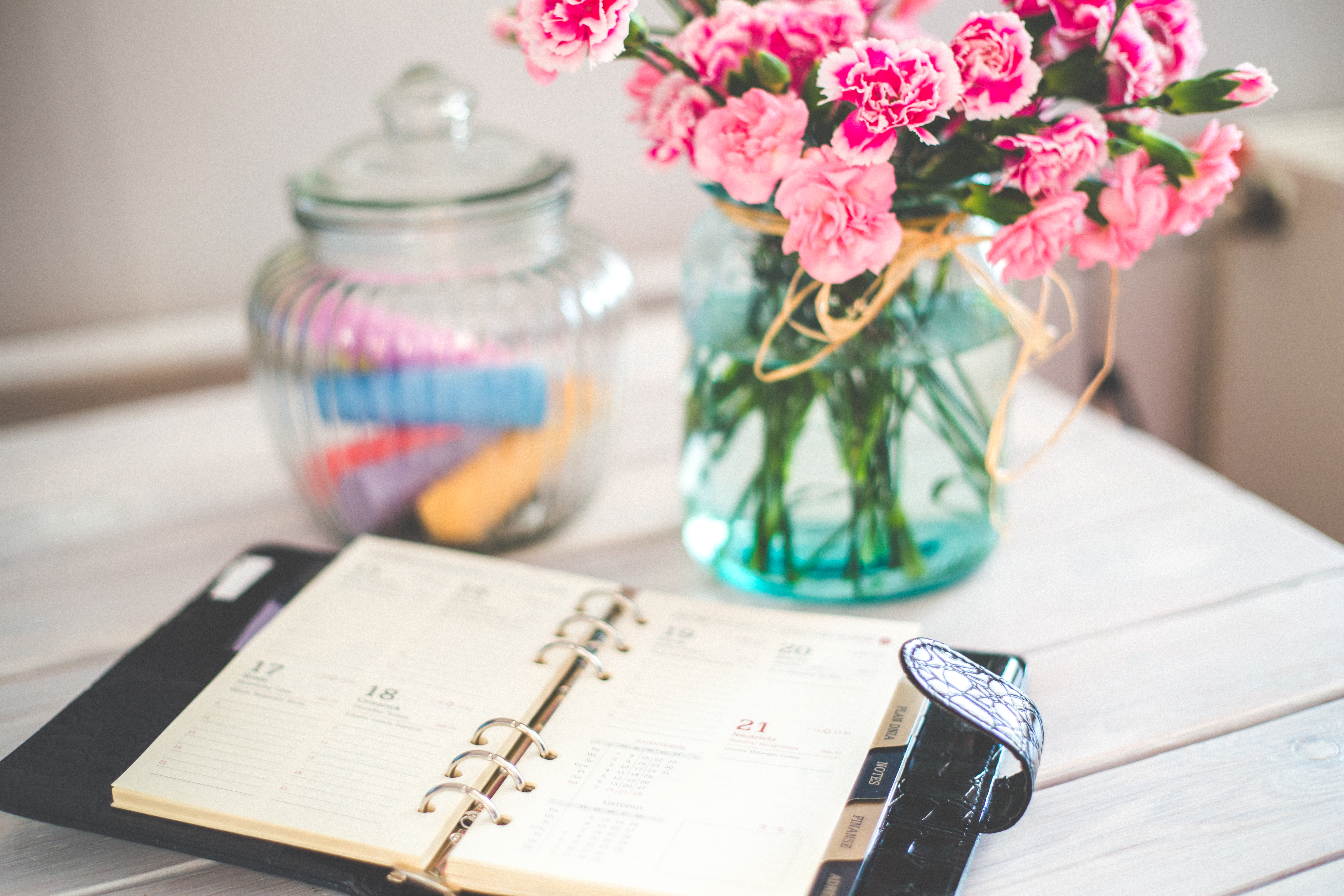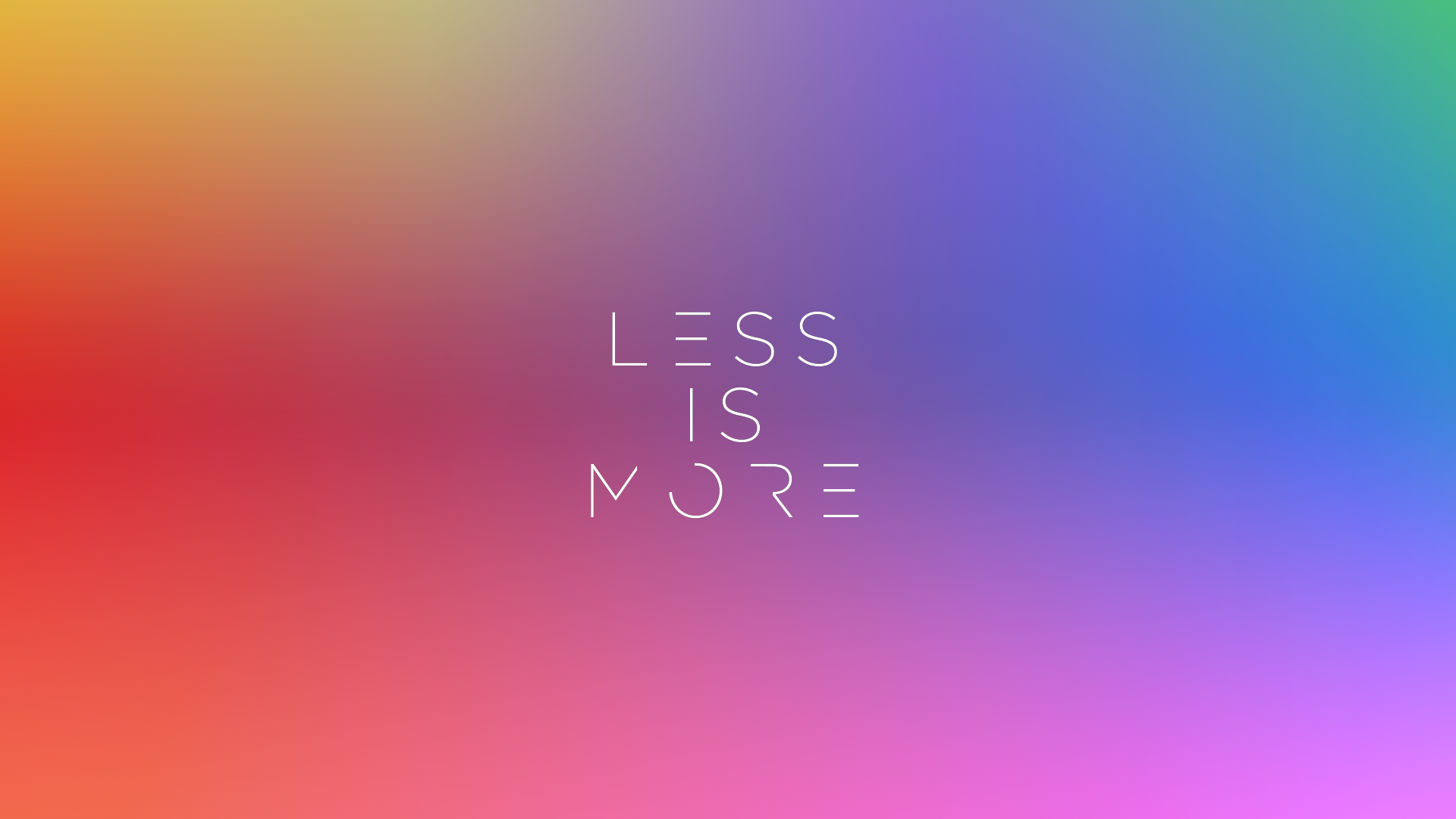5 Things I Did to Sober Up From My Busy-ness Addiction
Maya here, recovering perfectionist, all-or-nothing thinker, worry-er and control freak.
Three years ago, I made the terrifyingly-liberating jump out of corporate into my private practice. The first year, I was on a high. My schedule was all mine. My practice was sustaining my expenses. I was making wonderful new friends. My clients were creating life-changing results. Life was good. Little did I realize, I was relying heavily on an addiction I didn't even know I had: busy-ness. So much so, that in my second year, I broke down, crashed and burned out, hard.
I've since come to learn that this addiction was a manifestation of not-enoughness, or self-love, worth and value, rooted in the need for control and a lack of trust.
What a gift that realization was.
I knew my life had to change and I saw no other option than to sober up. Here are five ways I did so:
I admitted to myself that I had a problem.
I became fully aware of the addiction and exactly how it was impacting my life.
Personal time in my schedule was far and few between. The voice of fear became so loud in the calm, quiet moments. 'Will I survive? Will everything be OK?" Busy-ness was comforting. I stole my own relaxation and created more stress.

I wanted inspiration to write on my time. I expected specific results from projects. Who was I to think the sun wouldn't rise unless I set the alarm? Busy-ness was a manifestation of control. In doing so, I said, “No thank you,” to all the moments of magic and perfection the Universe had to offer me.
I couldn’t treasure the fun memories I’d had with friends and family. I couldn’t fully experience the breakthrough moments with my clients. Busy-ness was the enemy of presence. I was so wrapped up in the worries of my mind that I was absent for the best times life had to offer. There’s power in being able to fully understand the effects of your own behaviors.
Ask yourself, “What is it costing me to stay exactly the same?” Recognizing these will help you to clearly see the problem, mounting more evidence for change.
I slowed down in my mind.
There were parts of my schedule that I simply could not change. Business had to proceed as usual. However, that voice of fear was getting rowdy.
"You can't relax right now!"
"There 50 tasks waiting for your attention right now, why are you slowing down!?"
"If you just do more, everything will be OK!"
To calm fear down, I began to meditate—regularly. Even in the moments of life's nothingness, I have found that in sitting quietly and trusting, I am enough— I am doing enough—and everything is going to be okay.
Quieting the mind of all it’s thoughts and fears can be done in many ways. I’ve since adopted practices of diaghragmatic breathing, yoga and regular prayer.
I stopped over-committing myself.
The people-pleasing habit is a problem that can be tough to break.
I learned to dial up my f*%k-it meter and started saying “no” when I really wanted to say no. That was liberating.
I practiced selfishness with my time and set up boundaries in my relationships. That was game-changing.

Make your opinion known at your next work meeting. Open clear lines of communication with your spouse or partner. Say ‘no’ to your friend’s party when you’re exhausted and just want to sleep. Learning to speak up when you have something to say—including ‘no’—is truly a practice in enoughness.
I slept (and quit my five o'clock a.m. workouts).
Productivity decreases when you don't get enough sleep. I knew this, but when I was engulfed by the voice of fear, it directed me otherwise. Drastic changes came with consistent rest.
I've learned that loving my body and giving it what it needs is enoughness at its finest. I stopped exercising so hard and rescheduled workouts for later in the day. This felt good, really good.
All the while…
I learned to trust that doing less is Okay.
I searched for evidence that my life wasn’t going to come crashing down around me, if I didn't persist in working so hard to control it.
As I did, just the opposite happened. I learned inspired action yielded me ten times the results than fearful, controlling action does.

Trust is a practice. When you feel the inner turmoil of everyday anxiety arising, a simple mantra to repeat is, “Everything is going to be OK.” It’s a priceless tool.
Don’t get me wrong, I haven’t perfected recovery—I don’t believe that’s the point anyway. This is one grand journey, one that I now have a deepened appreciation for.
Shine is supported by members like you. When you buy through links on our site, we may earn an affiliate commission. See our affiliate disclosure for more info.

